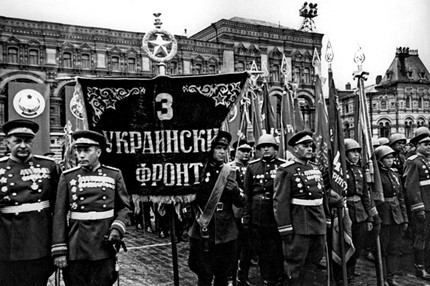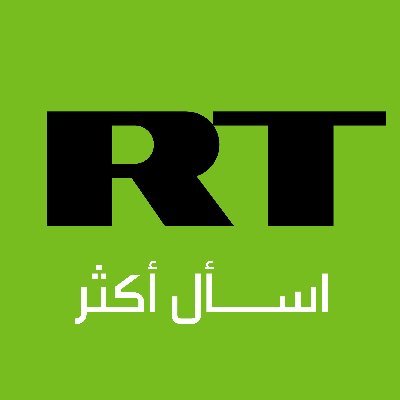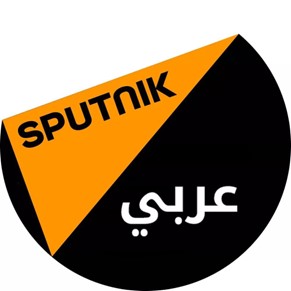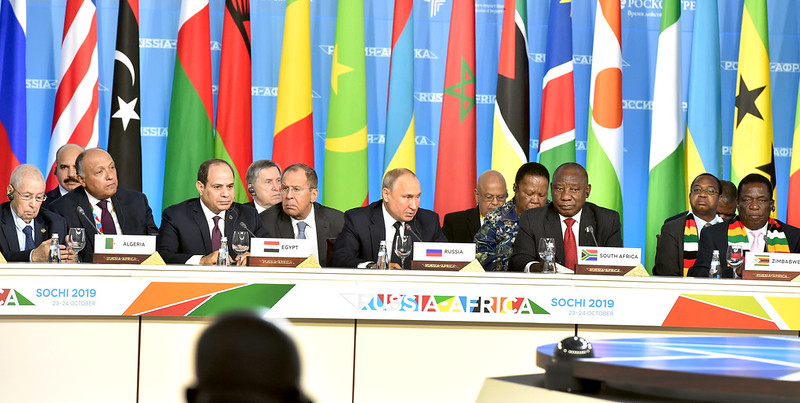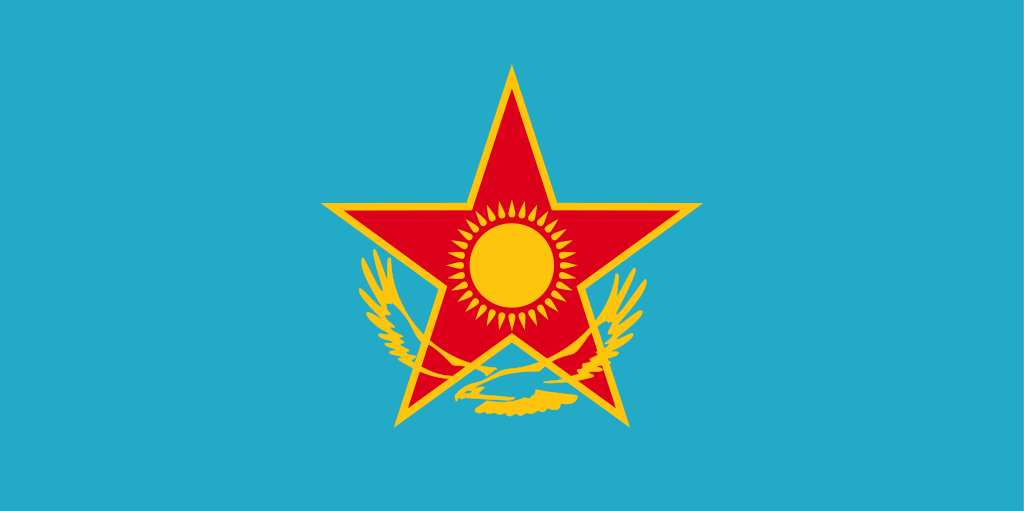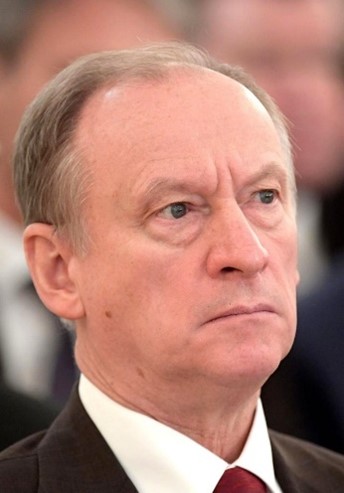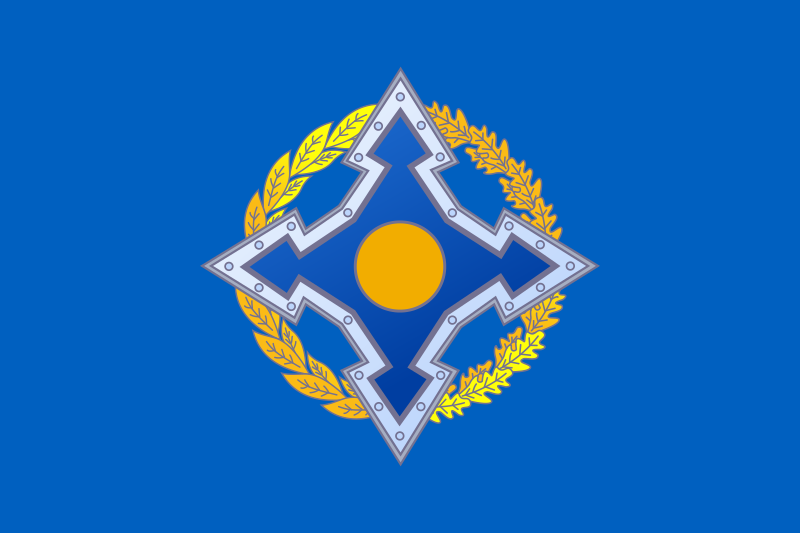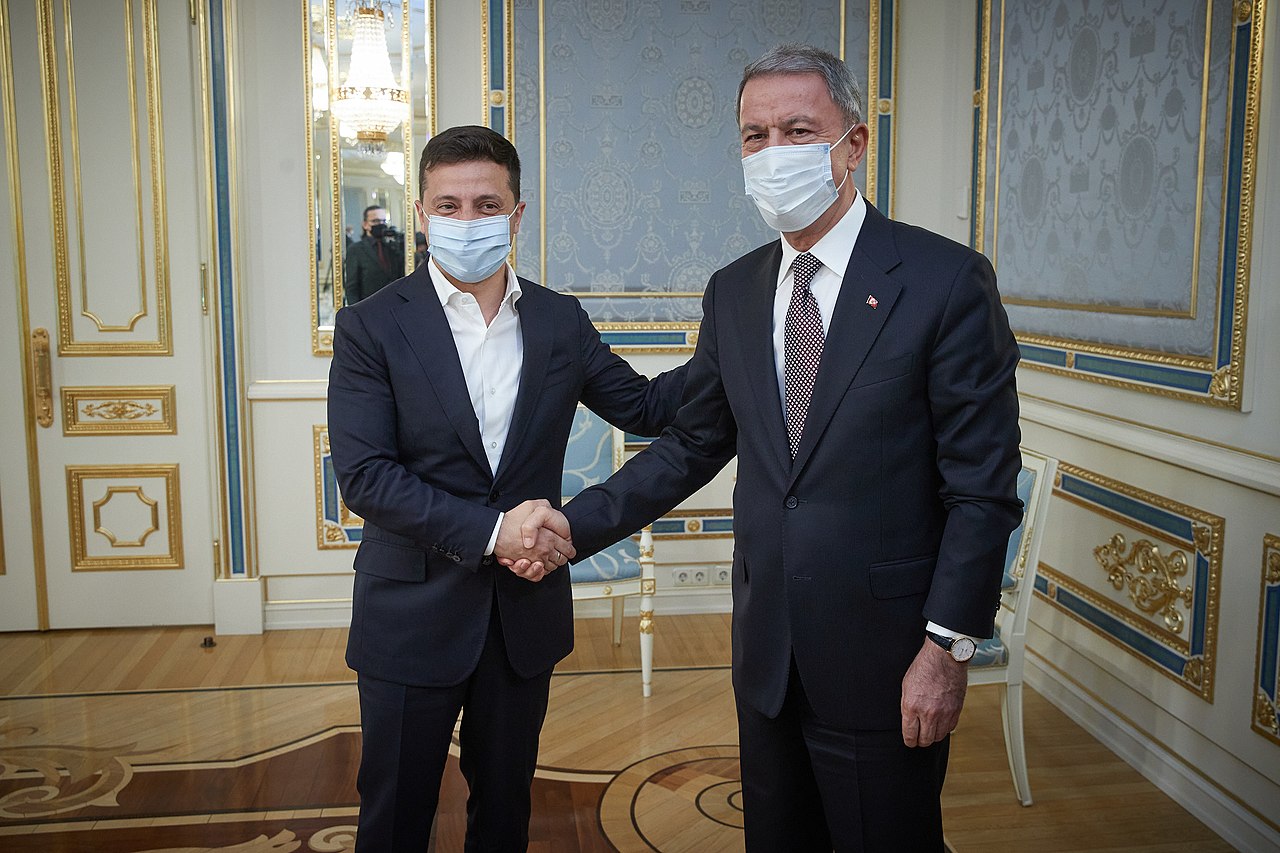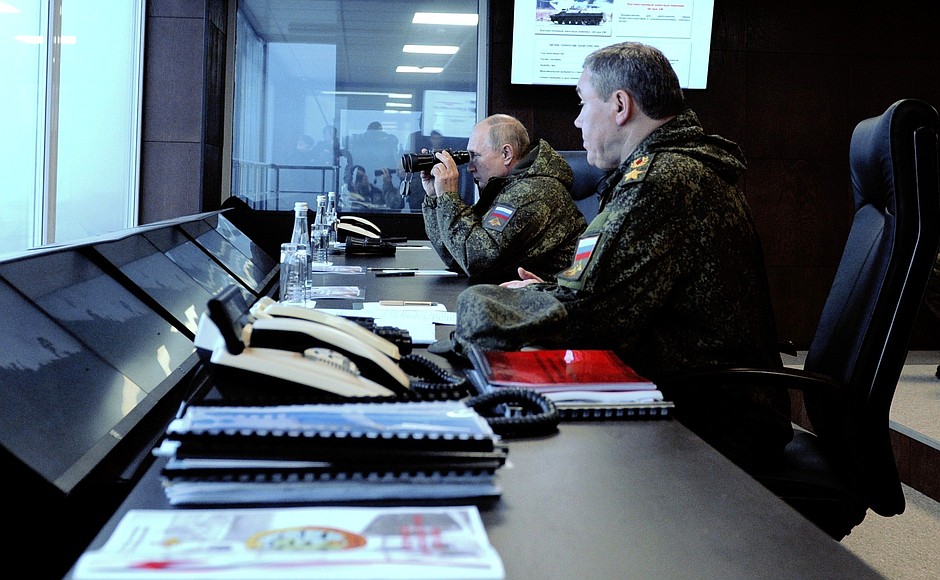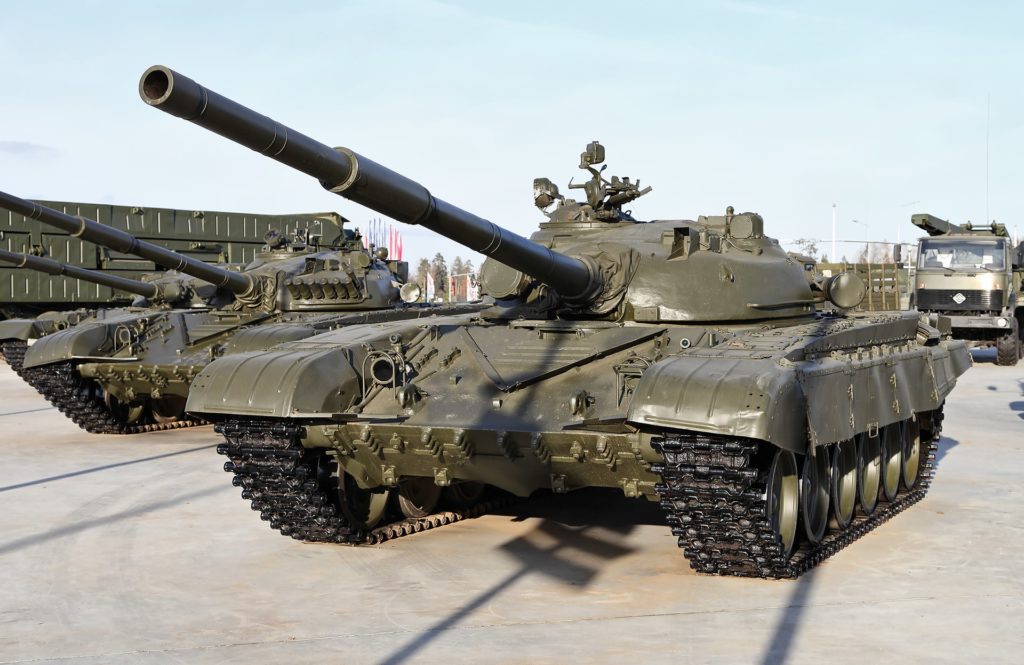“These congresses became a kind of political duel between the two leaders of the Diaspora: some participants in the events spoke openly about the division of the Ichkerians into opposing camps.”
Russia’s so-called “special military operation (SMO)” in Ukraine has breathed life into the Chechen diaspora hungry for Russian defeat and the chance to liberate Chechnya. However, the excerpted article from the Caucasus news service Kavkaz Realii describes how two separate Chechen diaspora groups have become bitter enemies as they seek to capitalize on what many Chechens believe is their best chance to reclaim their ancestral homeland.[i] At the core of the contention are two summits that members of the Chechen diaspora held to discuss their future: one in Antwerp and another outside of Paris. The Antwerp summit, held in November 2022, was headed by former minister and commander Akhmed Zakaev, who has taken a leadership role within the Chechen diaspora since he left Chechnya in 2000 after being wounded in battle. He has many followers and has held the title of prime minister of the “Chechen Republic of Ichkeria in exile” for more than a decade. However, many Chechens do not consider Zakaev or his government in exile to be the legitimate heirs to a future independent Chechnya. For its part, the summit outside of Paris, which occurred a day before Zakaev’s summit in Antwerp, was organized by the Tolam movement. This was arranged under the direction of Jambulat Suleymanov and Anzor Maskhadov, the latter the son of former Chechen President Aslan Maskhadov. Since the summit occurred, Tolam has morphed into United Force.[ii]
In addition to Zakaev’s government in exile and the United Force, there are at least two other organizations—the Presidium of the Chechen Republic and Chechen Democrats—vying for a leadership role in the independence effort. In a bid to strengthen their respective positions, both the Chechen Republic of Ichkeria in exile and the United Force have military presences in Ukraine, fighting against Russia. The second excerpted article from Paris-based Intelligence Online describes the Chechen political movement’s connections to military units in Ukraine. For his part, Zakaev and his government in exile founded the Separate Special Purpose Battalion (OBON), which is attached to the Ukraine Foreign Legion. Underscoring the importance that he places on Ukraine, Zakaev has also placed his appointed defense minister, Magomed Dikiev, in Kyiv. Zakaev’s OBON will join two notable Chechen units already fighting within the Ukraine Foreign Legion: the Sheikh Mansur Battalion, believed to have several hundred men, and the smaller Djokhar Dudayev Battalion. However, as the article notes, the battalions are close to Suleymanov’s United Force faction and therefore do not recognize Zakaev’s authority. Notably, neither article mentions more radical Chechen movements operating out of Turkey, which are also vying to lead a would-be independent Chechen Republic. If an independent or autonomous Chechnya could emerge, the infighting between these groups described above, which fractured the Chechen independent movement during earlier wars with Russia, is likely to again hamper the movement.
Sources:
“Раздор в чеченской диаспоре? В Европе прошли съезды противоборствующих сторонников Ичкерии (Discord in the Chechen diaspora? Congresses of opposing supporters of Ichkeria were held in Europe),” Kavkaz Realii (U.S. government supported but independent news service focused on the Caucasus), 29 November 2022. https://www.kavkazr.com/a/razdory-v-chechenskoy-diaspore-v-evrope-proshli-sezdy-protivoborstvuyuschih-storonnikov-ichkerii-/32152173.html
According to the chairman of the congress Suleymanov, the purpose of the event was the formation of a new social movement. The presidium was attended by veterans of the Chechen political movement: social activist Makhmud Bibulatov, Chechen activist Yaragi Sulumov living in Germany, as well as new figures in the person of the head of the Chechen opposition movement 1ADAT Ibragim Yangulbaev, Saikhan Muzaev (mentioned in the media as a refugee in Georgia and a friend of the one killed in Berlin in 2019, former Ichkerian field commander Zelimkhan Khangoshvili) and others.
…Speaking on behalf of the Chechen diaspora, Maskhadov and the Yangulbaev brothers (the youngest of them, Baysangur, who was recently included in the list of extremists in the Russian Federation, was also here) called for intensifying political activity and confronting certain forces that, in their opinion, lead to disunity among supporters independent Ichkeria. No one has been able to pinpoint what these powers are.
An unnamed representative of the Dzhokhar Dudayev battalion, who is fighting on the side of Ukraine, expressed support for Suleymanov. On his personal Facebook page, Bogdan Chechensky, a representative of the Sheikh Mansur volunteer battalion also expressed support for the leader of “Tolam”.
Suleimanov himself spoke sharply about the so-called government abroad, headed by Akhmed Zakayev, and accused the latter of “a trail of adventures and state crimes.” He did not go into details.
…Khusein Dzhambetov, a member of the [Zakaev’s] Separate Special Purpose Battalion participating in the war on the side of Ukraine, and his deputy Hadji-Murat Zumso said that their military units will become the base of the army of Ichkeria in the future.
“Divided Chechen diaspora redoubles efforts to woo Kyiv,” Intelligence Online (Paris-based subscription news outlet), 28 November 2022. https://www.intelligenceonline.com/government-intelligence/2022/11/28/divided-chechen-diaspora-redoubles-efforts-to-woo-kyiv,109868303-eve
Both groups are striving for the same goal: to free Chechnya from what they consider to be its illegal occupation by Ramzan Kadyrov’s pro-Russian regime, an aim shared by other opposition groups and some members of the Ukrainian government. On other matters, however, the two factions are deeply divided, which is why they are holding separate events.
In June, Zakayev, who has appointed himself prime minister in exile, brokered an agreement that was signed by a Ukrainian deputy defence minister, to create a special battalion of Chechen fighters, OBON, within the regular Ukrainian army under contract. OBON currently has around 20 members. The new unit joins other Chechen troops, which have been in Ukraine since 2014: the Sheikh Mansur Battalion, which has several hundred men in rotation, and the smaller Djokhar- Dudayev Battalion. Both battalions are close to the Suleymanov faction and do not recognise Zakayev’s authority.
Zakayev has been active in Ukraine since the beginning of the Russian invasion. As early as February, he made public appeals from London to President Volodymyr Zelensky, encouraging the head of state to create a clear framework for foreign volunteers to become legally involved in the fighting. He regularly visits Kyiv, where he has placed his defence “minister”, Magomed Dikiev, in a permanent diplomatic role.
Notes:
[i] The inability of the Chechens to unite is complicated and has to do with many factors including culture, the importance of family clan, and the national myth, which values every male as a warrior. In an interview for a documentary film, former Chechen warlord and field commander Salman Raduev said, “We are a nation of one million people, we are a nation of one million generals… every Chechen is a general.” Although intended as hyperbole, Raduev’s comment speaks volumes about the Chechens’ inability to fight or govern together. See; Immortal Fortress: Inside Chechnya’s Warrior Culture,” Combat Films and Research for PBS, 1999. https://vimeo.com/ondemand/immortalfortress
[ii] Both movements draw their followers from about 200,000 Chechens who emigrated to Europe during the first and second Russian-Chechen wars between 1994 and 2009.

